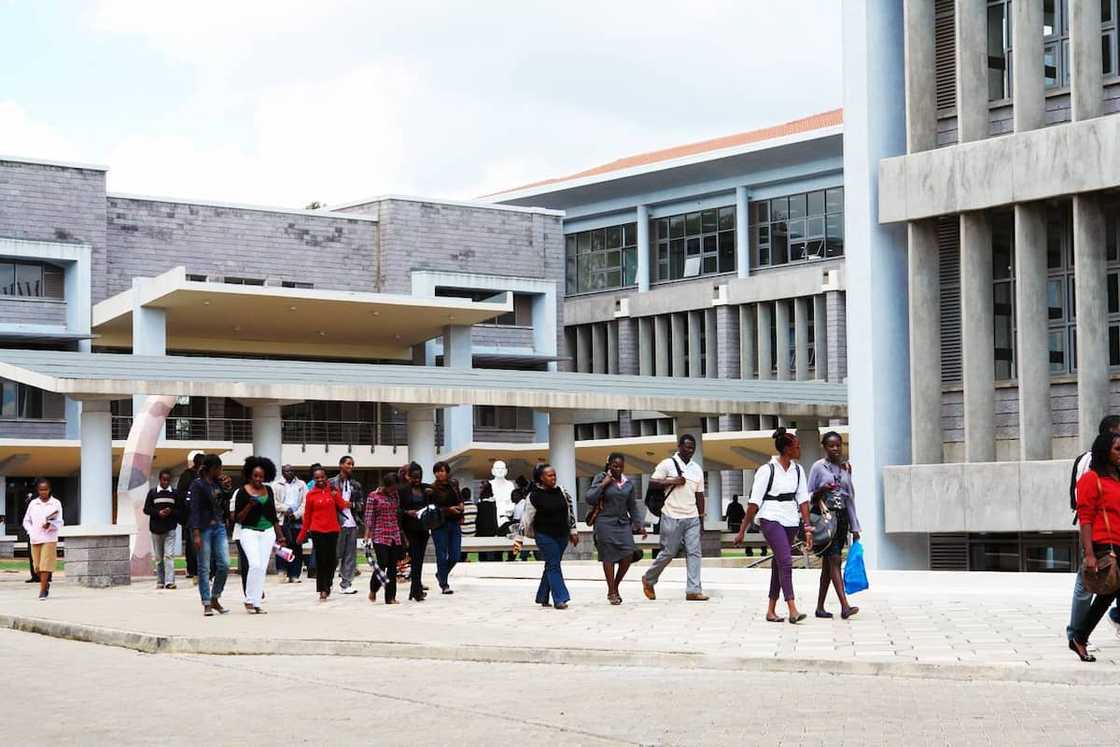When you walk around higher learning institutions and its environs, you will easily notice students in grouping, conversing in their ethnic languages. Normally, universities and colleges should be at the forefront in shaping students’ ethical, moral and citizenry compass. However, negative tribalism is likely to be perpetuated and reinforced as students lean closer to those from their ethnicity than those from outside. Such practices loom subconsciously into their later lives as tribalism takes precedence in employment, opportunity distribution, and even perception construction among others. This is further aggravated by the mutating national politics, which cascade down to learners and create the same political divide and tension as exhibited nationally.
While the introduction of some common units such as Ethics, Citizenship and Diversity was supposed to emphasize diversity and diminish the vices emanating from tribalism, it is not clear if their impact is significant. Undoubtedly, tribalism is an evolutionary heritage that bequeaths a strong sense of pride and identity. It defines one’s roots and history and buttresses a people’s unique traditions, cultures, and practices. However, it’s also likely to jeopardize objectivity and result in negative practices, especially in situations where impartiality and rationality is needed. In such cases, the tribal mask is likely to take precedence.
A higher learning institution creates a surrounding that exposes learners to critical life lessons. While this environment is supposed to orient and acquaint the young generation with aptitudes to learn, unlearn and relearn, it also indoctrinates them with some negative practices that subconsciously make them perceive other ethnicities as less deserving or inferior. Consequently, this creates constructs that classify ethnicities into superior/inferior; more deserving/less deserving and even reinforce primitive ethnical stereotypes.
When having a constructive argument on the current affairs and socio-economic situation in the country, learners’ perceptions and worldviews are likely to be clouded by their tribal affiliations. It’s an old culture that is being perpetuated and cemented in institutions of higher learning. While it’s expected that graduates should spearhead diversity and assuage vices emanating from tribalism, the higher learning environment might aggravate the vices.
The Columnist is a Research Consultant, Policy Analyst & Strategist






